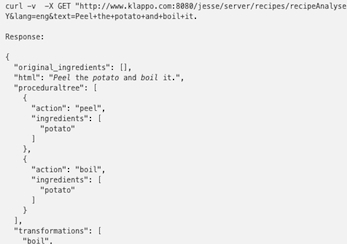![]() I recently received a gentle reminder that Kikin, a browser plugin that brings additional relevant content to Google search results has been updated and is accomplishing more than, as some blogger put it, filling in feature holes.
I recently received a gentle reminder that Kikin, a browser plugin that brings additional relevant content to Google search results has been updated and is accomplishing more than, as some blogger put it, filling in feature holes.
That blogger would be me, and the Kikin version I was reviewing at the time was duplicating the functions of Google’s left navigation column—the one that, um, brings you more relevant content.
In February, Kikin revamped their Firefox plugin, it’s now called the Kikin Edge.
Time to take another look at it.





